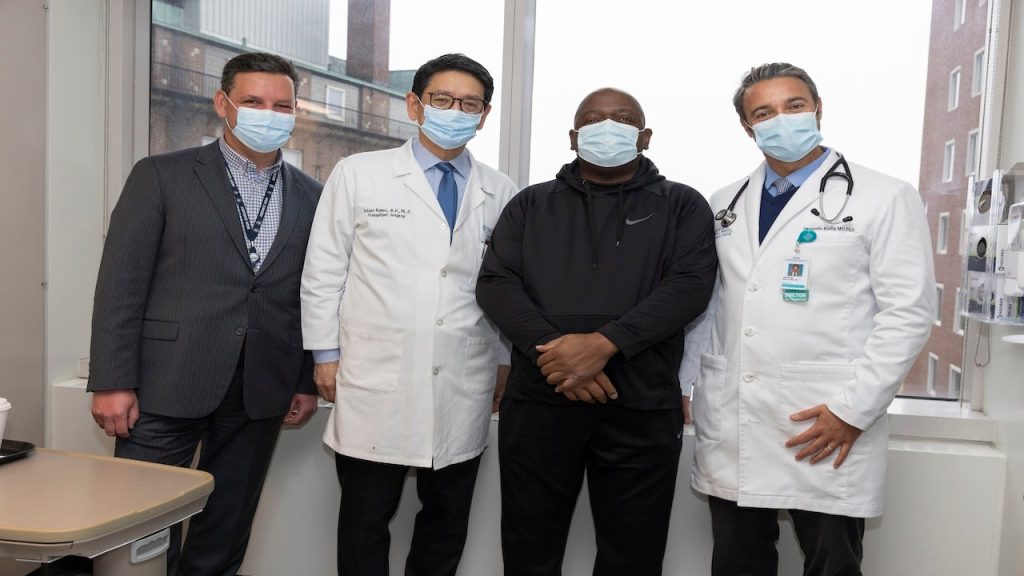Richard Slayman, a Massachusetts man, has died two months after receiving a genetically modified pig kidney transplant, making history as the first living person to undergo this procedure. The surgeons at Massachusetts General Hospital had predicted that the pig kidney would last for at least two years, but unfortunately, Slayman passed away. His family and the hospital expressed deep sadness at his death, although there is no indication that he died as a result of the transplant. Previously, pig kidneys had been temporarily transplanted into brain-dead donors, but this was the first successful transplant in a living person.
Slayman had previously received a kidney transplant in 2018 and had to go back on dialysis last year when his kidney showed signs of failure. After complications with dialysis required frequent procedures, his doctors suggested a pig kidney transplant as a solution. Slayman’s family thanked his doctors for giving them seven more weeks with Rick, and the memories made during that time will remain with them forever. The family stated that Slayman underwent the surgery to provide hope for the thousands of people who require a transplant to survive.
Xenotransplantation involves using cells, tissues, or organs from animals to heal human patients. Previous attempts had been unsuccessful due to the human immune system immediately rejecting foreign animal tissue. Recent advancements in genetic modification have led to the development of pigs with organs more closely resembling those of humans, offering hope for patients on organ transplant waiting lists. More than 100,000 people in the United States are awaiting a transplant, with the majority being kidney patients. Thousands of people die each year before they can receive a transplant, highlighting the urgent need for innovative solutions like xenotransplantation.
While Slayman did not survive long after the pig kidney transplant, his family expressed gratitude for the additional time they had with him and the hope that the procedure offered to others in need of transplants. The transplant team at Massachusetts General Hospital also mourned Slayman’s death and extended condolences to his family. The hospital emphasized that there was no indication that his death was due to the transplant. This case marks a significant milestone in the field of xenotransplantation and raises hope for future advancements in using genetically modified animal organs for human transplants.
Despite the tragic outcome in Slayman’s case, the success of the pig kidney transplant demonstrates progress in the field of xenotransplantation. The development of genetically modified pigs with organs similar to those of humans opens up new possibilities for addressing the shortage of donor organs for transplant patients. This case highlights the importance of ongoing research and innovation in medical science to find solutions for patients in critical need of organ transplants. As technology continues to advance, there is hope that xenotransplantation could offer new hope for patients on organ transplant waiting lists, potentially saving thousands of lives each year.


